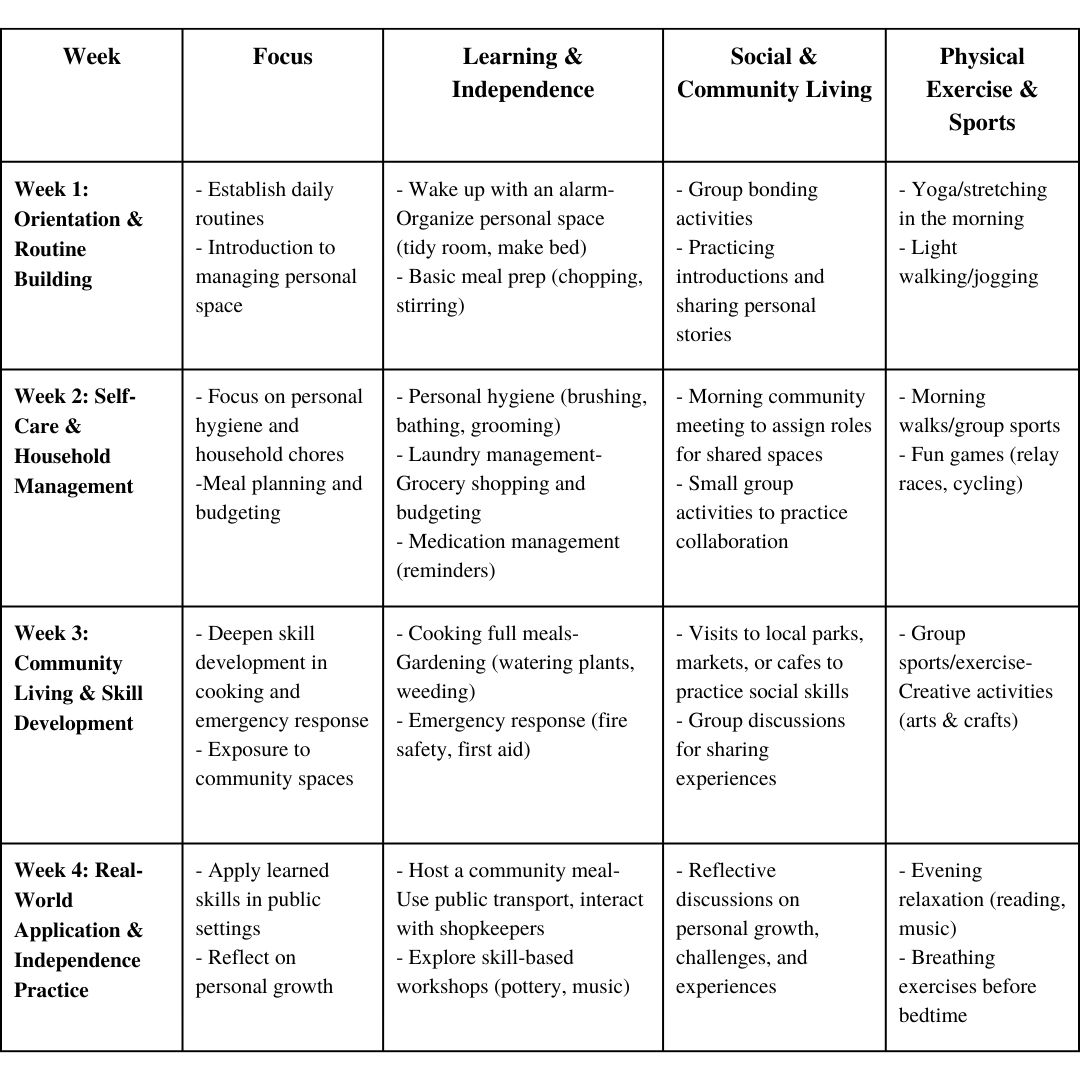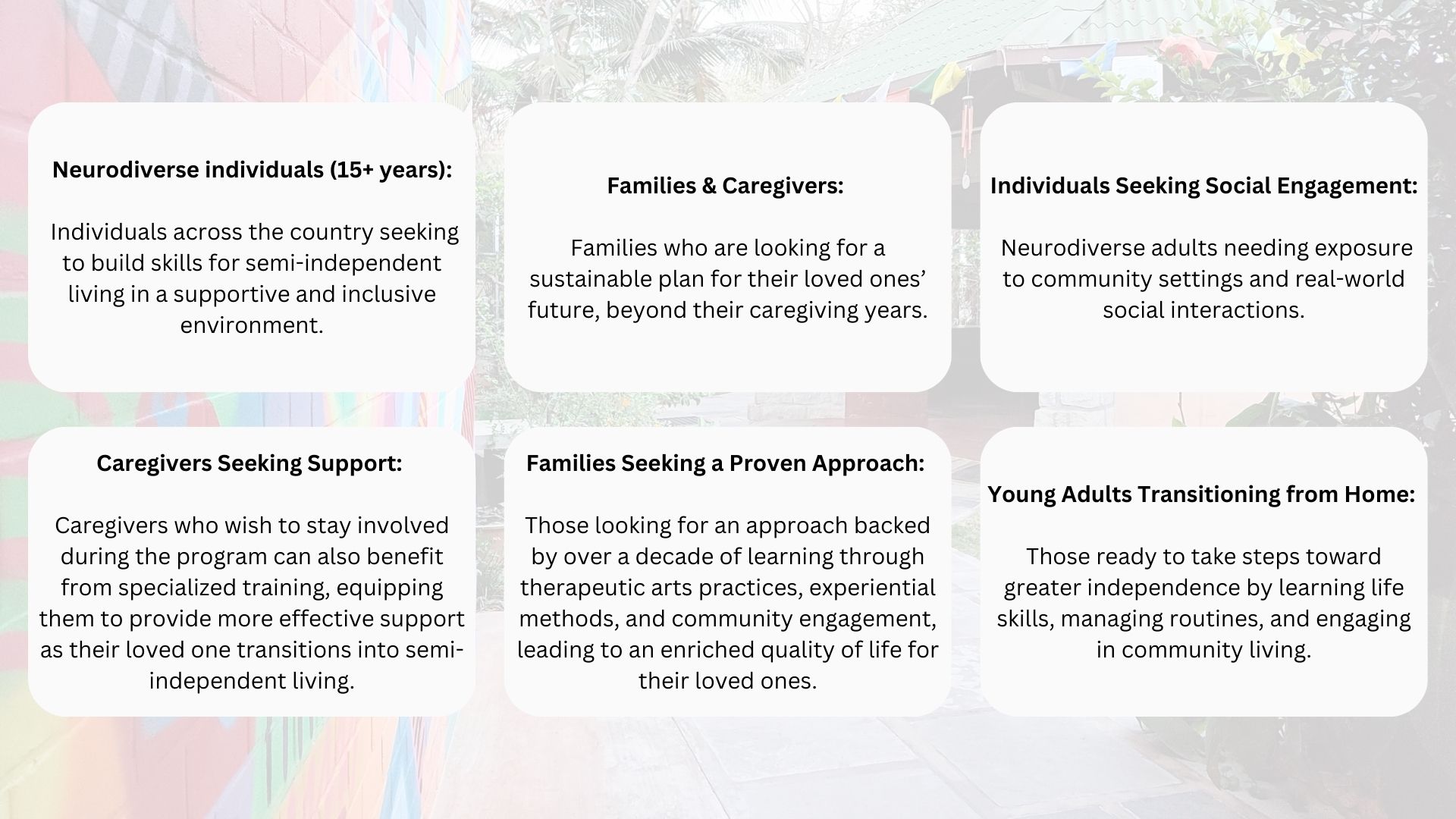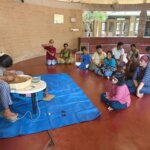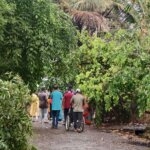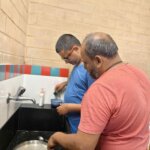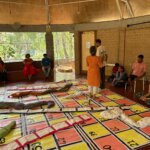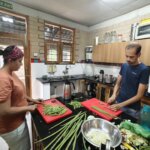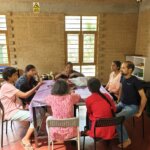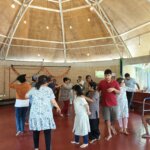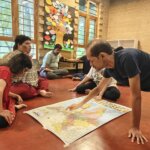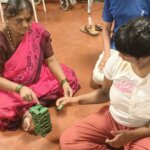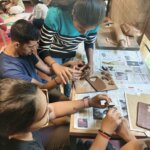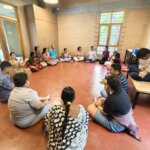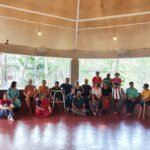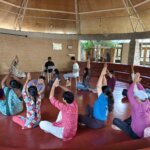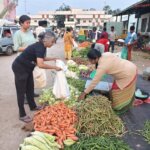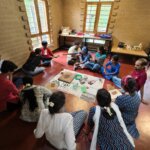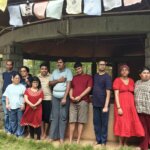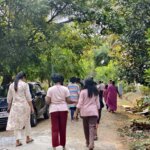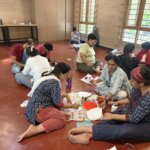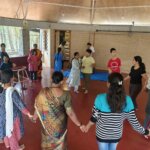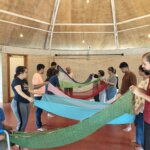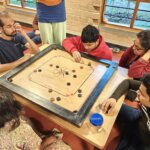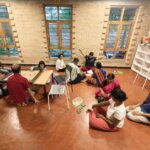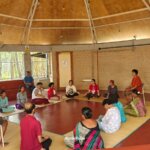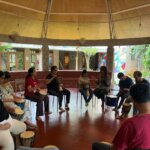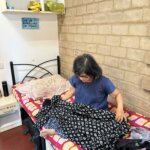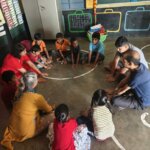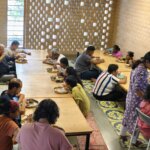Uhuru
Uhuru’s curriculum design is geared towards enabling individuals with neurodiverse needs to acquire the tools needed to navigate the daily practicalities of life while also preparing to deal with some of the larger questions that life asks every child and adult.
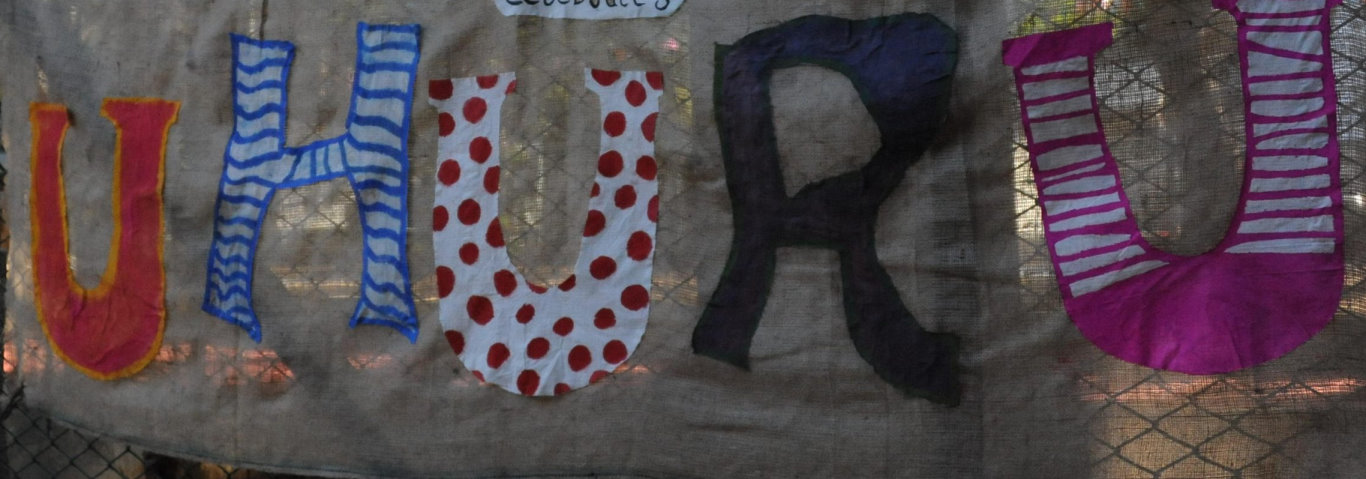
Uhuru – Snehadhara’s 26-Day Residential Training Programme on Assisted Living: “What After Me?”
At Snehadhara Foundation, we have long been at the forefront of addressing the critical question: “What happens after me?” This question weighs heavily on families and caregivers who worry about how their loved ones with diverse needs will lead independent and fulfilling lives once they can no longer provide support.
According to the National Centre for Promotion of Employment for Disabled People (NCPEDP), over 70% of families in India lack a sustainable plan for the future of their children and adults with diverse needs, underscoring the urgent need for programs that do more than just provide care. These programs must equip individuals with the essential skills needed to live lives of dignity, engage with their communities, and foster independence.
The Uhuru programme was created with a singular purpose to gently and intentionally respond to that lingering question in every caregiver’s heart: “What after me?” Through Uhuru, we set out to co-create a space where neurodiverse adults could experience assisted living, within a community that is inclusive, stimulating, and full of heart.
Over two immersive cohorts from April-June 2025, we have watched this journey unfold not just in the lives of the participants, but in all of us at Snehadhara. What started as a 26-day assisted living training has grown into a living, breathing model of what supported autonomy can truly look like.
Glimpses from Uhuru Cohorts 1 and 2!
Cohort 1 set the stage for a journey into assisted living—one rooted in the arts, shared meals, and the gentle pulse of community life. Through creative routines and collaborative tasks, participants found the freedom to discover their own rhythm and preferences. Perhaps most significantly, parents and caregivers—often left on the periphery of such engagements—became vital co-travellers. Their transition from viewing limitations to recognizing strengths was one of the most profound shifts we had the privilege of witnessing.
Read more about the Uhuru Cohort 1 here.
Cohort 2 reminded us that autonomy doesn’t grow in isolation—it emerges through shared care, community rhythms, and trusting relationships. Whether it was managing everyday tasks, co-facilitating in government schools, sustaining two learning sessions daily, or navigating public spaces with confidence, participants steadily moved from dependence toward agency. Their journeys, reflections, and the patterns we observed have not only affirmed the potential of this model but also shaped a clearer blueprint for future assisted living training spaces.
Read more about the Uhuru Cohort 2 here.
Uhuru Research and Findings from Cohort 1 and 2
To assess and understand the impact of the Uhuru cohorts, we used a mixed-methods research design, combining qualitative tools like observation, facilitator reflections, and narrative reports with quantifiable indicators of growth. Framed within interpretivist and critical paradigms, the approach allowed us to capture not only what changed but how and why those changes came about. The results for both the cohorts were powerful and showed tangible impact on various domains of daily living.
Some Glimpses from the Cohorts
Uhuru: A Call for Action towards Inclusion
Hear from our Founder and Executive Director, Dr Gitanjali G Govindrajan, on why is Uhuru important and how does it become a call for action!
Admission Process
Reach out to us on our admissions page to get connected, enroll in shorter offerings and stay updated on the announcement of the next cohort.

